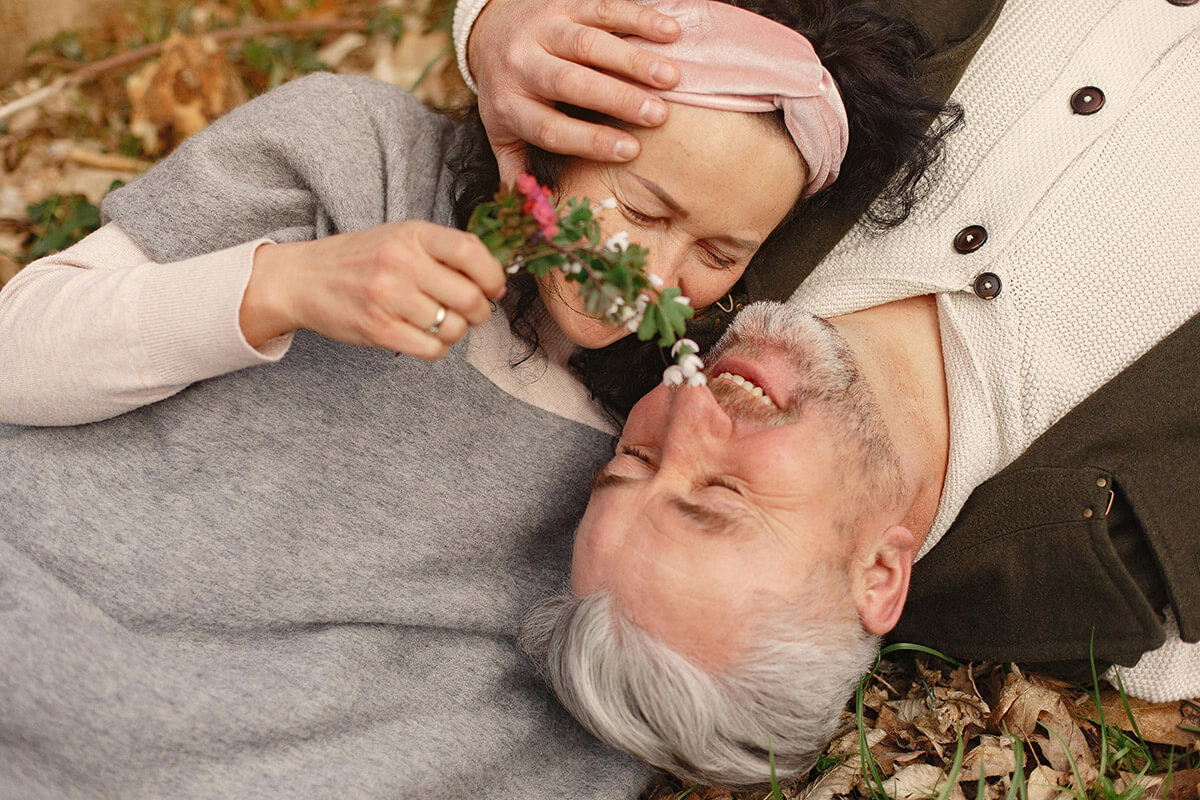Rapid heartbeat, sweaty palms, and a blend of anxiety and euphoria – some may recognise these as the sensations of falling in love, while others might associate them with the high from drugs. Both perspectives are valid. The similarities and differences between these intense experiences are striking. However, how our brains handle the emotional roller coasters of love, rejection, addiction, and recovery is complex. Understanding these processes could provide valuable insights for developing more effective addiction therapies.

Expert Corner with Dr. phil. Mohammed Shafiullah
What happens to the brain when you fall in love …
The physical and emotional experiences are unique when we fall in love. Faster heartbeats, sweaty palms, shallow breathing, and blushes lead to the feeling of anxiety and euphoria. These intense emotional fireworks of anticipation and trepidation are linked with the rush of the stress hormone cortisol and pleasure-inducing neurotransmitter dopamine, alongside the suppression of the calming neurotransmitter serotonin. The paradoxical interplay between anxiety and pleasure is a hallmark of falling in love.
However, the experience of passionate love is inherently unsustainable. The intense physical and emotional conditions outlined above cannot be endured by our bodies and minds indefinitely. Thus, we should not lament the eventual departure of those initial butterflies in our stomachs. Instead, we should celebrate that, after a year or two, passion often evolves into a compassionate love characterised by authentic attachment. During this transition, cortisol levels decrease while serotonin, oxytocin, and vasopressin levels increase. Dopamine, though present in lower levels, is released sustainably, increasing the brain’s plasticity, and a stable pathway is formed to maintain this love habit.
It is reassuring to note that the flames of passionate love never truly extinguish: they remain dormant, ready to be rekindled throughout the relationship with the right kind of stimulation and stressors.
… and when you fall for drugs
The experience of taking the first drug or engaging in an addictive behaviour follows a similar pattern in our body and brain as when we fall in love. Both evoke excitement about the unknown, anxiety from risk-taking and euphoria from biochemical effects, flooding the brain and body with cortisol and dopamine. The level of dopamine when getting smitten is close to someone’s initial experience of taking cocaine (Takahashi, et al. 2015). Just like the euphoria of falling in love, the high from drugs is not sustainable.
However, while romantic love transitions from stress-related features – such as obsessive thinking, emotional dependency, and craving – to feelings of calm, safety, and balance (Stárka, 2007), drug use follows a different trajectory: their behaviour quickly escalates from impulsive to compulsive use, leading to the painful habit of addiction. In this progression, stress-related features and detrimental effects become increasingly severe, with obsessive craving playing a crucial role (Zhou et al., 2016).
Breaking up = breaking the cycle?
What occurs in the brain when you experience rejection or begin recovering from addiction?
Both romantic rejection and the early stages of addiction recovery elicit similar physiological responses, activating brain regions linked to craving and obsession (Fisher et al., 2010). The primary distinction between these experiences lies in the activation of brain regions associated with emotional regulation. Individuals who have endured a breakup exhibit heightened activity in these regions (Shih et al., 2022), whereas those recovering from addiction do not show such increased activity above baseline levels. This suggests that while both experiences involve intense emotional and cognitive challenges, the brain’s approach to managing these challenges differs significantly.
How can we use these findings to help those recovering from addiction?
We could harness the evolutionary adaptive process of coming to terms with a breakup and seeking a new partner by emphasising the activation of emotional regulation during recovery. Cognitive, emotional, and behavioural training would enhance this process, serving also as a relapse prevention measure. Additionally, for clients in long-term relationships, incorporating their compassionate nature into addiction therapy can help develop and strengthen authentic, long-term bonds, providing a secure attachment within their social networks. This approach not only aids recovery but also triggers the release of beneficial neurotransmitters such as serotonin, oxytocin, and vasopressin while ensuring the sustained, slow release of dopamine (Zhou et al., 2015).
References
Fisher et al. (2011). Reward, addiction, and emotion regulation systems associated With rejection in love. Journal of Neurophysiology, 105, 51-60
Shih et al. (2022). The neurobiological basis of love: A meta-analysis of human functional neuroimaging studies of maternal and passionate love. Brain Sciences, 22(17), NP
Takahashi et al. (2015). Imaging the passionate stage of romantic love by dopamine dynamics. Frontier of Human Neuroscience, 9(101), NP.
Zhou et al. (2016). Romantic love vs. drug addiction may inspire a new treatment of addiction. Frontiers in Psychology,7(1437), NP.




0 Comments